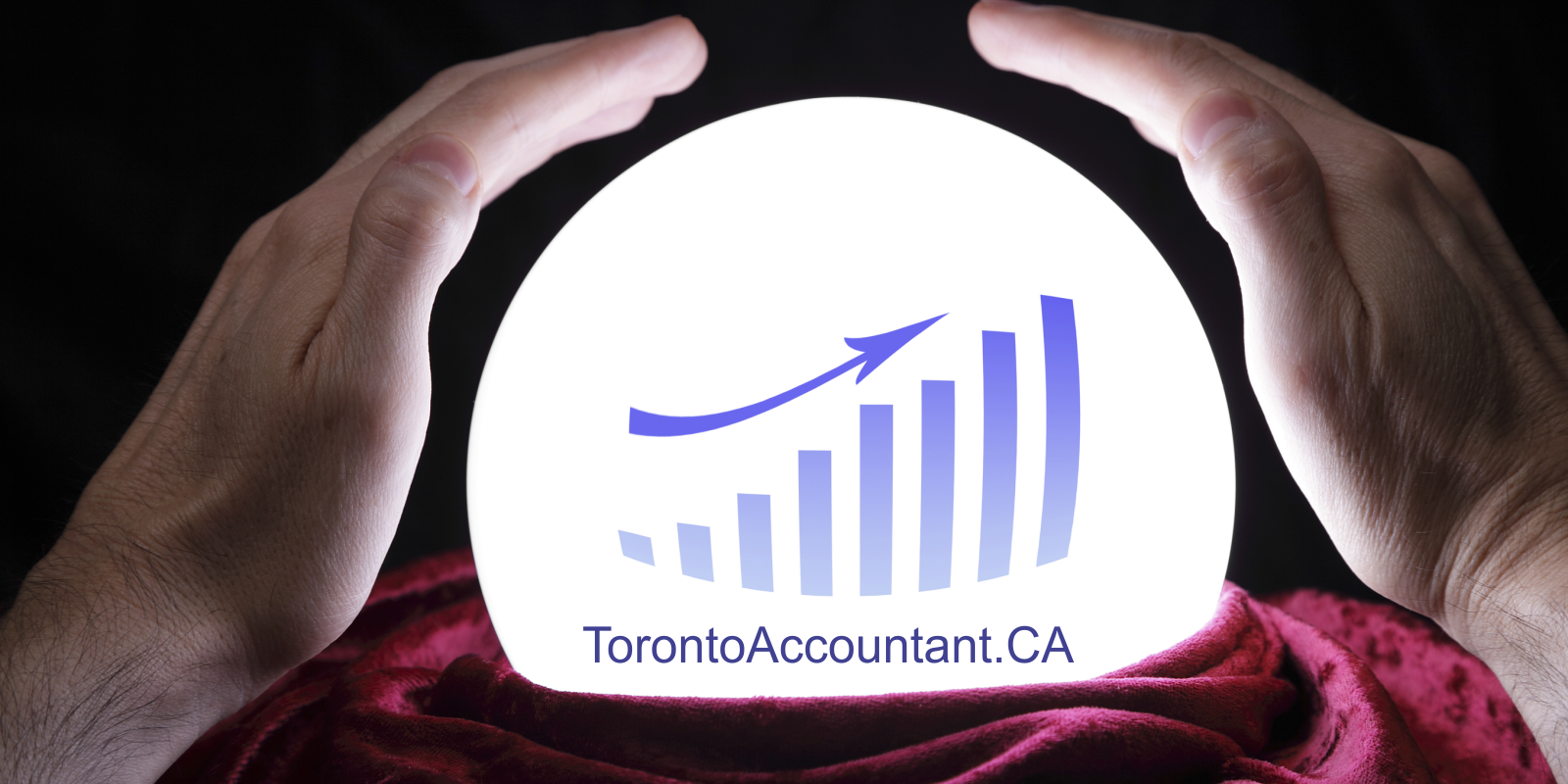The average Canadian now owes more money when contrasted with income than in any time in the Nation’s history.
Studies have shown that many households would experience catastrophe if they had a sudden job loss or work preventing injury. The basis of this is that the vast majority of Canadian households have absolutely zero in savings or exceptionally limited amounts.
A recent MNP study indicates that 31% of Canadian families are struggling to pay bills on time every month. 31%! And this in a time when interest rates are at historic lows!
These historically low interest rates are the real problem behind the crisis. The debt that Canadians have accumulated in the past years since the devastating financial crisis in the U.S spread its ugly tentacles around the globe has been exacerbated by the artificially low interest rates that have allowed many to be deluded into thinking that debt is okay.
The problem lies in the fact that those interest rates have literally nowhere to go but up.
With so many having difficulties in paying the bills now with the rates this low what on earth will happen when those rates inevitable begin to rise? The most vulnerable to economic shock of any kind are the lowest income earners and the already under siege middle class.
Canadian are in no way in this alone either. The International Monetary Fund has recently indicated that global debt has hit $152 TRILLION dollars a figure that represents fully double the value of the global economy at present.
Finance Minister Bill Morneau recognizes the issue and has recently passed legislation requiring a “stress test” be performed by anyone attempting to obtain a mortgage in order for them to prove that in the event of a sudden or catastrophic event they would be able to weather the economic storm if granted the mortgage.
By doing this he has established a bar that must be attained before a person qualifies for a mortgage.
This is not a bad idea and maybe one that should have been considered at an earlier date as the real underlying problem is those that already have a mortgage and are feeling pressure with the record low rates. When rates begin to rise, and they must at some point are these people going to be able to continue to pay those rising rates if on a variable rate mortgage or even re-qualify when the time comes?
The time may have come for many who have benefitted from variable rate mortgages to finally lock in and unsure that they know what the rates will be long term, especially those who are struggling now to stay above water.
Yes, your initial payment may become slightly higher but if and when rates do rise at the very least you would be fully prepared and ready and have the peace of mind knowing that you KNOW what you will be paying in 2, 5 or even 10 years’ time.







